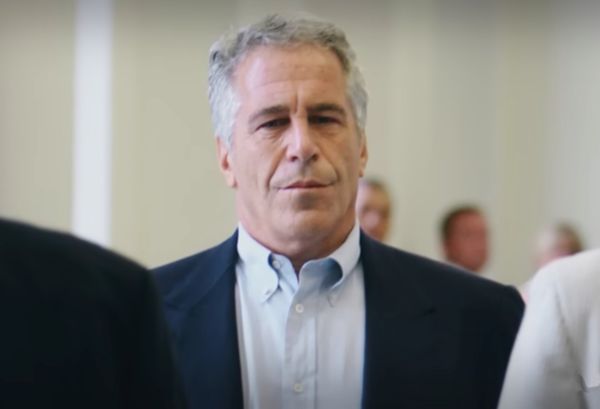
A report released today has put a dollar value on the amount of fossil-fuel sponsorship in sport.
The estimated $14 million to $18 million enjoyed annually across 14 “top-tier” Australian sports accounts for only 3.5% of all sponsorship deals. And although sport might not miss fossil fuels, the report by Australian Conservation Foundation and Swinburne University finds fossil fuels will certainly miss sport.
Report author Professor Emma Sherry said the accumulative value of coal, gas and oil sponsorships are “not enormous enough” to justify holding on to. By the books, it’s money that’s easy to replace: “It won’t be hard for sporting bodies to move beyond fossil fuel sponsorship.”
But the benefits that sports provide to coal, gas and oil corporations are not so easy to do away with. It’s a high-(visibility) stakes game, with fossil-fuel companies enjoying prime placement on jerseys and in stadiums.
“We’re asking sport to consider the power they have in their relationships with sponsors,” Sherry said.
The report looked at 1458 partnerships in AFL, rugby league, rugby union, soccer, cricket, basketball, netball, tennis, cycling, swimming, rowing, hockey, golf and athletics — a players’ pool estimated to account for 60% of total Australian sports sponsorship investment. That’s $450 million of the $750 million market. Globally, sports sponsorship is a $60 billion game.
In Australia, there are 69 partnerships in place with mining, electricity, gas, water and waste sectors, and (dirtier still) 51 sponsorships that come from companies dabbling in fossil fuels: coal, oil, and gas.
Big names include Australia’s three largest mining companies — BHP, Rio Tinto and Fortescue — and its two largest energy retailers — Origin and AGL. Oil and gas producer Santos spreads its wings most as a sport sponsor with deals across AFL, rugby league, rugby union and cycling.
This weekend, mining giant Santos will get its money’s worth when the Wallabies play Scotland in Edinburgh. Gina Rinehart’s Hancock Prospecting — which recently reversed a $15 million deal with Netball Australia — also has its fingers in a few sporting pies (both swimming and rowing).
There is breadth and depth to fossil-fuel sponsorship, but as the report reiterates, it’s only a small slice of the total. So which industries have the numbers?

Consumer goods and retail brands account for almost a third of all sponsorships and consumer services come in with just less than a quarter. Gambling companies are included as part of the latter and make up only 1.4% of all sponsorship deals. Note, this is a count of the number of deals, not monetary contribution, but Sherry said the two were generally in lockstep.
Athletes, sporting bodies and supporters are increasingly emboldened when it comes to ethics in sport, with players raising concerns about fossil-fuel sponsorship deals. Among them is Australian Test captain Pat Cummins as well as former Wallabies captain David Pocock who told Crikey this week the concerns should be heard as athletes were used as “human billboards”.
“The past week has been a cautionary tale for sports to be thoughtful and considered about sponsorship arrangements,” Sherry said. “Sport can either be a leader or dragged along.”
Are players being too precious or is it their duty to speak out? Let us know your thoughts by writing to letters@crikey.com.au. Please include your full name to be considered for publication. We reserve the right to edit for length and clarity.







